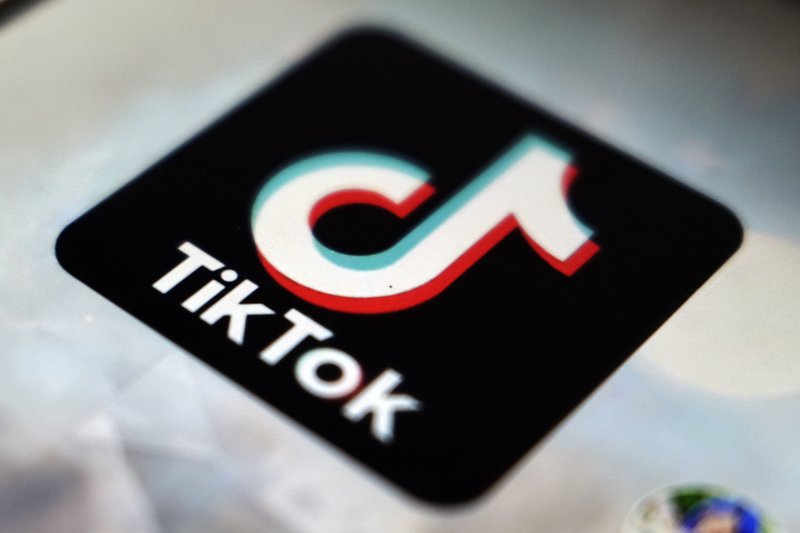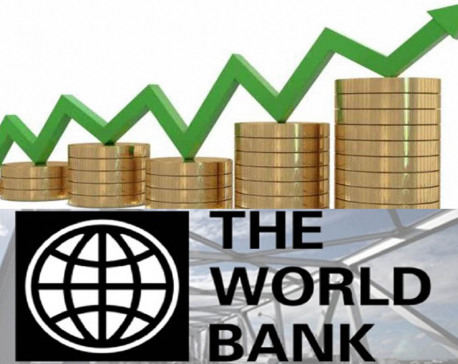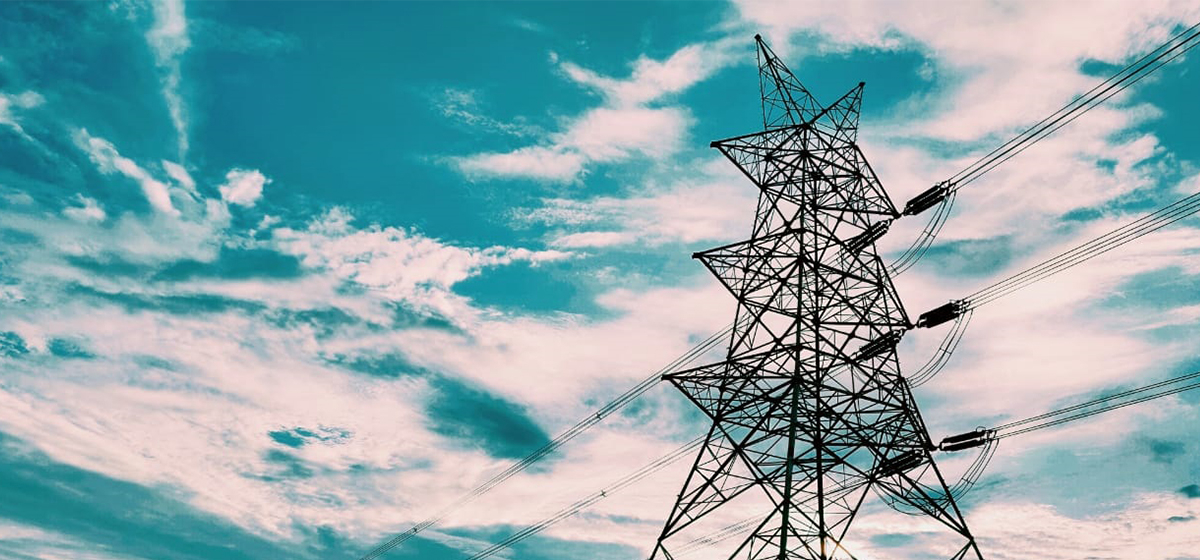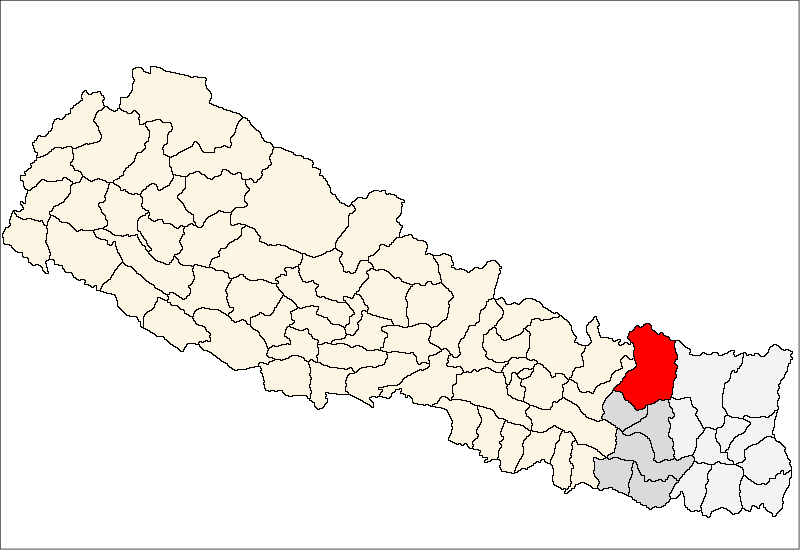
OR
BLOG
Silencing people's voices a threat to democratic values
Published On: November 23, 2023 10:00 AM NPT By: Sahara Dhakal


Sahara Dhakal
The author is pursuing my Master's Degree in Nursing at Khon Kaen University, Thailand. She also operates a TikTok awareness channel under the ID (@sahara.dhakal), where she advocates against child-rearing malpractices and offers new mothers advice on age-appropriate infant diets.news@myrepublica.com
With over 3.5 billion global downloads, TikTok has become a prominent platform for sharing short videos. Initially embraced for entertainment, its evolution in Nepal encompassed education, business, skill showcasing, and providing a voice for expression. The government's choice to prohibit TikTok instead of instituting adequate regulation raises apprehensions regarding democratic principles and constitutional rights. My intent is not to endorse TikTok or any social media platform but to advocate for earned freedom and rights, which appear to be influenced more by an authoritative regime than a functioning democratic party.
In Nepal, constitutional commitments appear to take a backseat to the sentiments of a particular cabal or group of decision-makers. Actions of this nature imperil the hard-won freedom and the sacrifices of those who forged our present-day federal republic—a privilege we must vigorously defend to uphold the rights enshrined by our constitution.
The action of banning takes away important aspects of a democratic society, expression of different opinions and viewpoints. The citizens should be wary, as the government's penchant for bans, without citizens’ consent and involvement, eventually may have far-reaching consequences. Therefore, in situations where the government deems peace protests, constructive dialogue, and progressivism as obstacles to societal progress, it becomes essential for citizens to remain vigilant rather than find contentment in the act of banning.
Recently, the abrupt ban on the TikTok application has left some astonished and others elated. Nevertheless, it cannot be overlooked how TikTok in Nepal had transformed into a platform amplifying the voices of marginalized individuals, from Dalits who have endured injustice to esteemed doctors who faced violence at the hands of political hooligans. The stories span from a woman's pursuit for justice against a killer pardoned by the president to a modest village girl fundraising for the betterment of underprivileged folks.
It served as a space for diverse narratives, ranging from small-holder farmers expressing grievances to frustrations voiced by blue-collar individuals, from youth addressing various issues in Maitighar Mandala to elders sharing their opinions and life experiences. It shed light on the plights of the poor youths and helpless women abroad rescued from the clutches of exploitative manpower and companies abroad. TikTok illuminated various injustices and moral dilemmas that might have gone unnoticed otherwise. In my own experience, many new mothers shared their personal accounts of how awareness videos empowered them to confront cultural malpractices while raising a child, aiding in adequately nurturing their infants while steering clear of harmful practices. Many doctors and influencers were voices for them.
This application introduced unparalleled transparency and accountability to Nepal, highlighting the commendable efforts of Mayor Balen and Harka Sampang to act of shame where the PM of Nepal was welcomed with traditional dance performances at the Indore airport. All of these were interesting because TikTok creators embraced the role of social accountability, utilizing the platform to expose and share instances of misconduct within themselves and in a broader context.
For the first time, the everyday shortcomings and improprieties occurring within the government could be readily brought online for all to witness. This increased transparency brought about by TikTok prompted political leaders to reassess their conduct, acknowledging the potential revelation of their wrongdoings to the public through the platform.
Therefore, the imposition of ban favors individuals or groups who benefit from operating in secrecy rather than prioritizing the public's right to be informed and the trust placed in governance.While it might cause discomfort for some, this transparency remains indispensable for accountability within a democratic system.
Nepal government shouldn’t just focus predominantly on the negative aspects of this application, where individuals engage in inappropriate behavior, requesting gifts in an uncivilized manner, and fostering vulgar and obscene content that has repercussions on societal and cultural norms. Banning voices on TikTok may be a missed opportunity to address societal issues reflected in the platform's content.
The ban impacts individuals like healthcare professionals and educators who utilize TikTok to share valuable information. Addressing concerns through open dialogue and regulation would be a more constructive approach, allowing for the positive aspects of TikTok to thrive while mitigating potential risks. The ban hinders digital business entrepreneurs, affecting revenue and foreign exchange reserves. The government must weigh the economic consequences of it.
Therefore, the banning of social media by the government raises significant questions about democratic values, freedom of speech, and the economic repercussions. Rather than opting for a blanket ban, a nuanced and regulatory approach would better serve the government's and its citizens' interests. The abrupt ban also raises concerns about the fragility of personal freedoms and the potential misuse of executive power. It prompts reflection on how easily something can be taken away without adequate reasons.
You May Like This

Complete education, full health could double Nepal's GDP per capita: WB
KATHMANDU, June 7: Nepal has the potential to double its Gross Domestic Product (GDP) per capita in the long run if... Read More...

72% in Class 5 have no basic math, 55% can't write a Nepali sentence
KATHMANDU, Aug 7: A national review of government investment in school sector development conducted by the Ministry of Education, Science and... Read More...

'Community schools to be transformed into quality learning centres in next 10 years'
KATHMANDU, May 3: Minister for Education, Science and Technology, Giriraj Mani Pokharel has said that the community schools would be... Read More...




Just In
- NEA Provincial Office initiates contract termination process with six companies
- Nepal's ready-made garment exports soar to over 9 billion rupees
- Vote count update: UML candidate continues to maintain lead in Bajhang
- Govt to provide up to Rs 500,000 for building houses affected by natural calamities
- China announces implementation of free visa for Nepali citizens
- NEPSE gains 14.33 points, while daily turnover inclines to Rs 2.68 billion
- Tourists suffer after flight disruption due to adverse weather in Solukhumbu district
- Vote count update: NC maintains lead in Ilam-2














Leave A Comment